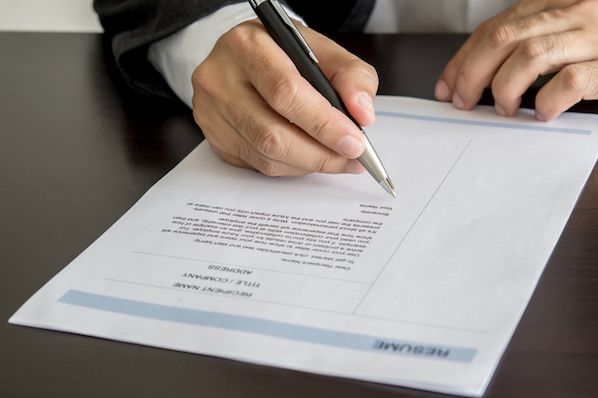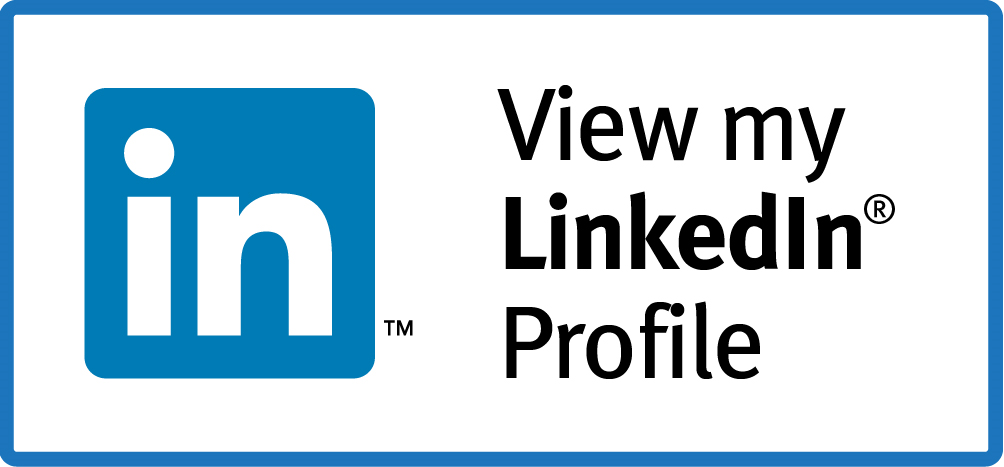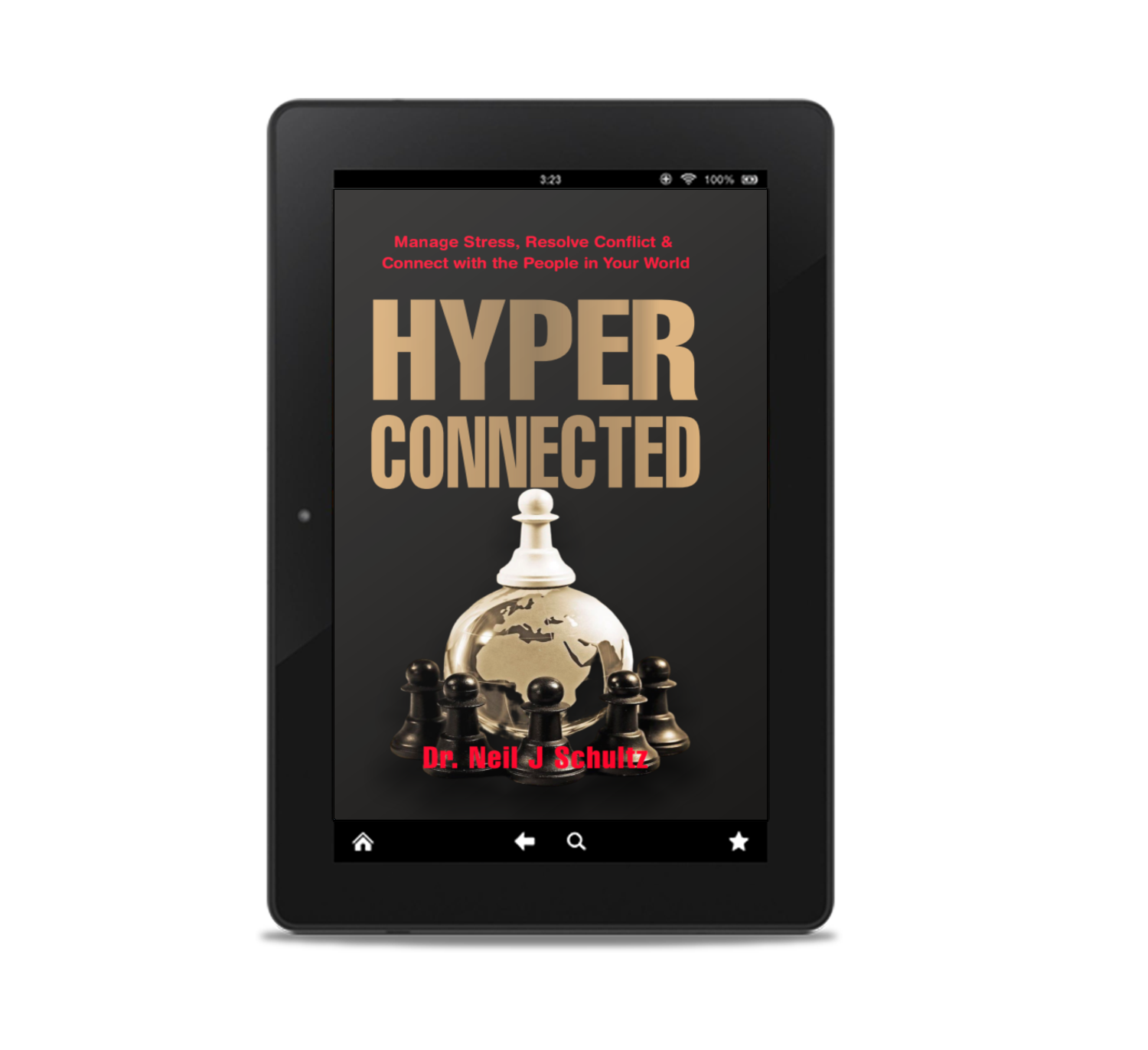Cover letters are often under-rated in importance, but they are vitally important. Some recruiters will not even look at a CV if it has not been accompanied by a cover letter. The cover letter is your first chance to demonstrate why YOU are right for THIS JOB.
A cover letter should:
- Be well presented and ideally on some form of letterhead using a business style format;
- Contain ZERO spelling errors;
- Contain ZERO grammatical errors;
- Include the reference number of the position where available;
- Introduce the reason for the letter (to apply for the above job) followed by a punchy description about yourself;
- Describe your understanding of the position and align your talents to the requirements of the position;
- Overall, it should be brief, perhaps just one page.
The Content of the Cover Letter
Having a catchy cover letter is important and can make the difference between being passed over in the first cull and making it through to the next round. It is worth spending some time on it.
The cover letter should be brief, about one page, but has a number of features that should be included. These are:
- A greeting addressed to the proper person.
- An opening paragraph that highlights your skills and draws attention to the fit betwen your skills and the position that you are applying for.
- A hook that highlights your past achievements as they relate to the job you are applying for.
- Highlight additional skills that will be of assistance to the employer.
- Conclude with a recap of your strengths.
From a stylistic view:
- You want the letter to be engaging and easy to read.
- It is okay to show excitement and not be just dull and business-like.
- Include key-words that relate to the position, these will often be included in the ad, so read it carefully and use key phrases in words within your letter.
- Adapt each letter to the company and position that you are applying for.
- Don’t use a generic cover letter that you send to everyone.
- Demonstrate that you have some understanding of the company and what they are looking for. This will require that you have done some research into the company and what they do and then present yourself as a solution to their needs. Ask yourself, How can I help this company?
- Avoid using ‘I’ too much The letter is to demonstrate how you can help the company, not to create an autobiography.
Keep it short, there are no prizes for making a letter like this too long. In fact, making it long will reduce your risk of getting through the first cull. - Close the letter with a positive tone and suggest that you will contact the reader in a few days to assist in answering any preliminary questions.
- Sign your letter, even if it is digital.
An Inferior Cover Letter
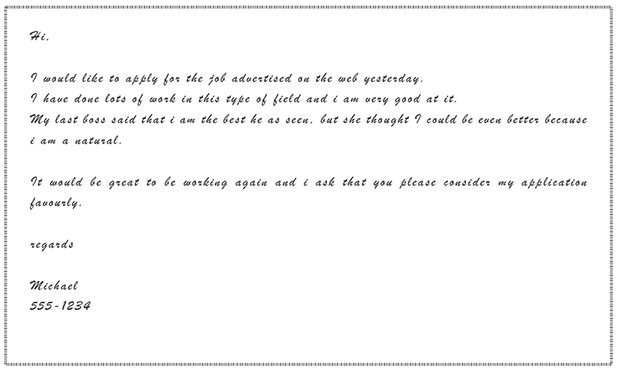
Problems
There are numerous problems with this cover letter, and it would be lucky to make it past the first cull. The problems include:
- No letterhead and scant contact information.
- Typography is difficult to read.
- The greeting is inappropriate.
- Uses ‘I’ a lot.
- Fails to highlight any skills.
- Fails to address any keywords nor address why this candidate would be good for the company.
- Finishes weakly, almost begging for a response.
- Signs of with just a first name.
- While some cover letters are too lengthy, this is too brief to be of any real value.
A Superior Cover Letter
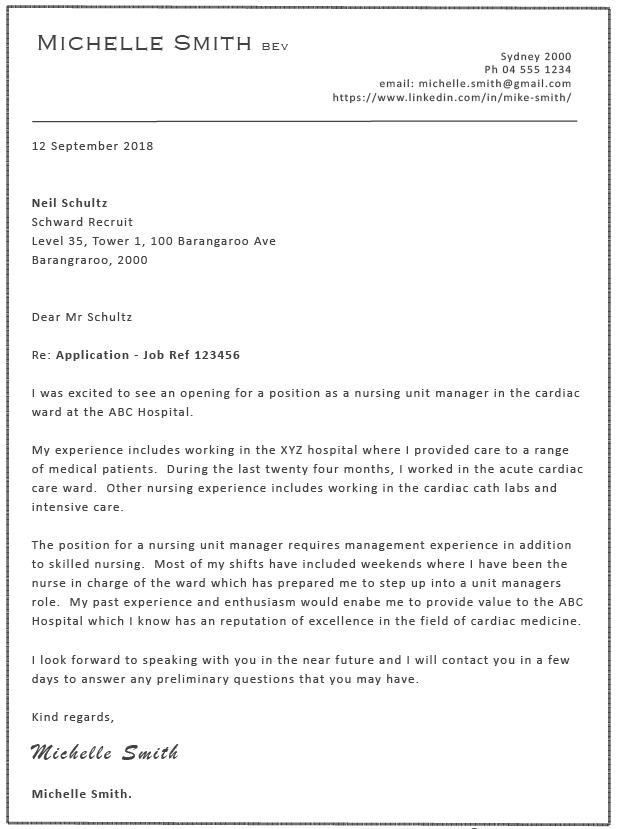
Important Features
Dr Schultz spent 22 years working in psychiatry and then went on to qualify as a lawyer. He has spent 34 years helping people solve problems and the unique combination of medicine, psychiatry, law and mediation provides a unique academic and practical approach to life's challenges.
